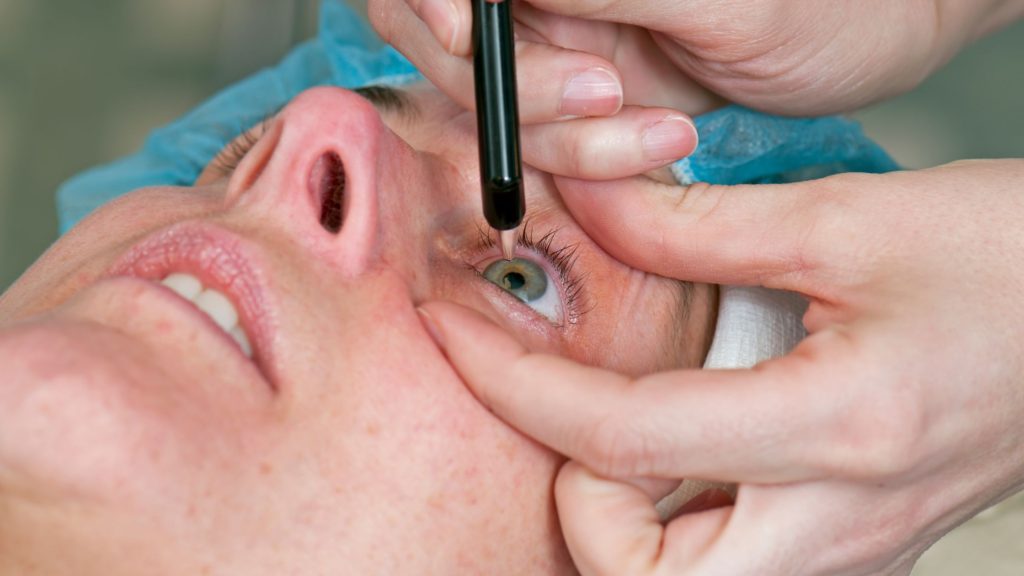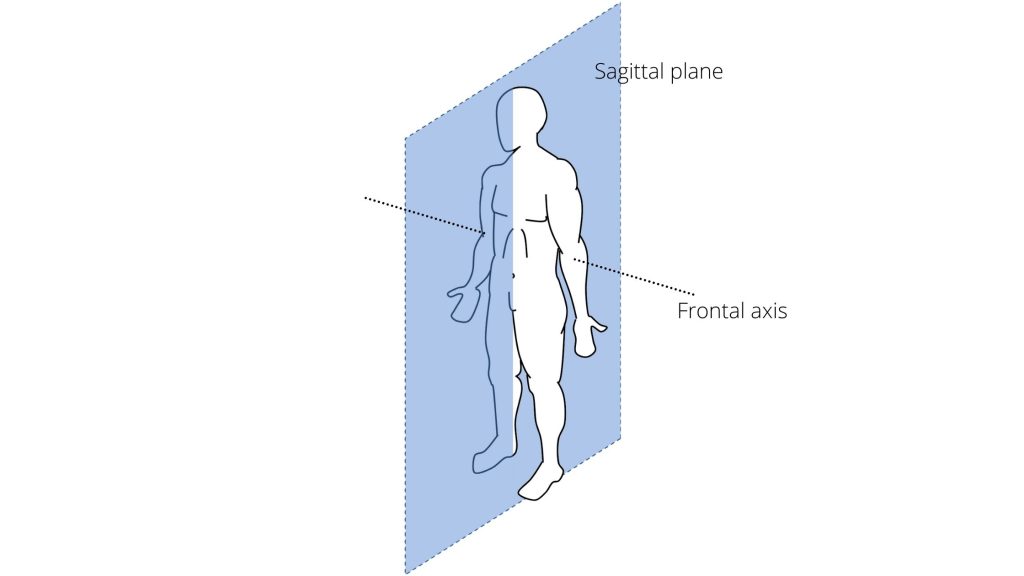
If you are among the millions who are taking aspirin to prevent heart attack, may need to be little more cautious. As new research say regular use comes with increased risk of bleeding who do not have existing cardiovascular disease or in people older than 70 years.
In a research report published in Annals of Internal Medicine, researchers from Beth Israel Deaconess Medical Center (BIDMC) report on the extent to which Americans 40 years old and above use aspirin for primary prevention of cardiovascular disease.
Let us try to understand why the new research is against routine use of aspirin and what’s new guidelines.
Why daily aspirin dosage is risky
Aspirin is regularly used by people to prevent heart attack or other cardiovascular diseases. Here are some facts regarding this:
- Million people older than 40 take aspirin daily to prevent cardiovascular disease
- More than 6 million Americans take aspirin daily without a physician’s recommendation.
- Nearly half 10 millions of Americans more than 70 years of age without cardiovascular disease take aspirin daily.
Actually, the medical consensus has always supported daily use of low dose aspirin to prevent heart attack and stroke in people at increased risk for cardiovascular disease (CVD).
But in 2018, three major clinical trials cast doubt on that conventional wisdom. According to the recent finding, there are only a few benefits and contrary to this there is a risk of consistent bleeding associated with daily aspirin use.
Aspirin use is widespread among groups at risk for harm including older adults and adults with peptic ulcers – painful sores in the lining of the stomach that are prone to bleeding that affect about one in ten people.
The current guidelines
Taken together with the risk associated with a daily dose of aspirin, the American Heart Association and American College of Cardiology took initiation to change clinical practice guidelines earlier this year.
Using data from the 2017 National Health Interview Survey (NHIS), a nationally representative survey of U.S. households conducted before the release of the new guidelines, Wee and colleagues characterized aspirin use for primary prevention of CVD.
The team found that about a quarter of adults aged 40 years or older without cardiovascular disease – approximately 29 million people – reported taking daily aspirin for prevention of heart disease. Of these, some 6.6 million people did so without a physician’s recommendation.
Also read: Commonly prescribed medicine carries risk of dementia|Study
Concerningly, nearly half of adults 70 years and older without a history of heart disease or stroke reported taking aspirin daily. The authors noted that a history of peptic ulcer disease – another contraindication for the routine use of aspirin – was not significantly associated with lower aspirin use as one would have expected.
The new guidelines recommendation is against the routine use of aspirin in people older than 70 years or people with increased bleeding risk who do not have existing cardiovascular disease.
“Although prior American Heart Association and American College of Cardiology guidelines recommended aspirin only in persons without elevated bleeding risk, the 2019 guidelines now explicitly recommend against aspirin use among those over the age of 70 who do not have existing heart disease or stroke,” said senior author Christina C. Wee, MD, MPH, a general internist and researcher at BIDMC and Associate Professor of Medicine at Harvard Medical School. “Our findings suggest that a substantial portion of adults may be taking aspirin without their physician’s advice and potentially without their knowledge.”
The final word
“Our findings show a tremendous need for health care practitioners to ask their patients about ongoing aspirin use and to advise them about the importance of balancing the benefits and harms, especially among older adults and those with prior peptic ulcer disease,” said lead author Colin O’Brien, MD, a senior internal medicine resident at BIDMC and fellow at Harvard Medical School.
Coauthor, Stephen Juraschek, MD, PhD, a primary care physician at BIDMC, cautions that “these findings are applicable to adults who do not have a history of cardiovascular disease or stroke. If you are currently taking aspirin, discuss it with your doctor to see if it is still needed for you.”
The author is a physiotherapist who has been practising for the last 17 years. He holds a Bachelor's in Physiotherapy (BPT) from SVNIRTAR (Swami Vivekananda National Institute of Rehabilitation and Research), one of the prestigious physiotherapy schools in India.
Whatever he learns dealing with his patient, he shares it with the world through blogs and e-books. He also owns a YouTube channel, "Sunit Physiotherapist" with over 8 lakh active subscribers. Here, he shares everything he gets to learn serving the patient.





